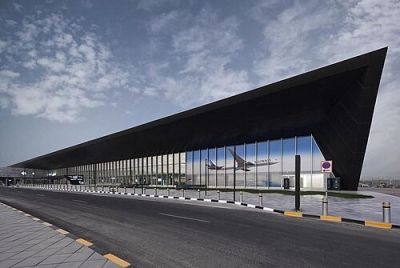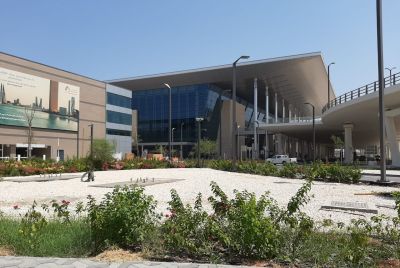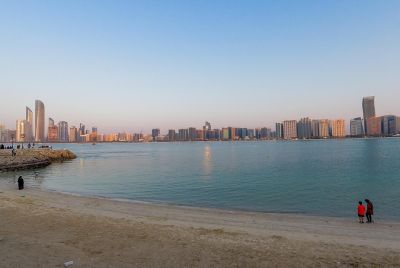Libs call on Feds to ease impact of its planned water cutbacks on Murray-Darling Basin
The federal government needs to inform affected farmers on specific measures that it would implement to alleviate the anticipated damages set to be caused by the planned reduction of water usage in the Murray-Darling Basin area on South Australia.
Liberal Senator Simon Birmingham said on Thursday that the proposed water usage restriction on food producers would literally drive people off the land as farmers voiced out concerns that cutting down on their irrigation rights could lead to devastating results on their livelihood.
Senator Birmingham scored the apparent absence of the government on the series of community gatherings that tackled the issues attached to the planned water scale back on Murray-Darling.
He also asked why Federal Water Minister Tony Burke did not represent the federal government on the meetings, criticising the government official for his glaring disappearance and opting not to engage the communities in the dialogues.
The opposition senator told reporters gathered in Sydney that instead of simply allowing lowly public officials to represent him on such forums, Mr Burke needs to face these affected communities "and give them some answers as to how the government plans to ease the impact of these reforms on those communities."
Farmers in the area were fearful that the federal government plan would simply eliminate their source of income as Senator Birmingham insisted that further government intervention is required to ease the effects of the proposed water usage cutbacks.
Senator Birmingham called on the government not to overlook the plight of the affected communities by training too much focus on implementing its policy, stressing that there must be measures in place to help these people adjust through the difficult process.
According to the government plan of preserving the river system, which is set to be completed by 2011, usage of water from the Murray-Darling Basin would be slashed by up to 34 percent which is set to impact communities from Charleville, Queensland to Murray Bridge, South Australia.
Experts said that some 800 jobs would also be sacrificed should the protective measure takes effect.




















